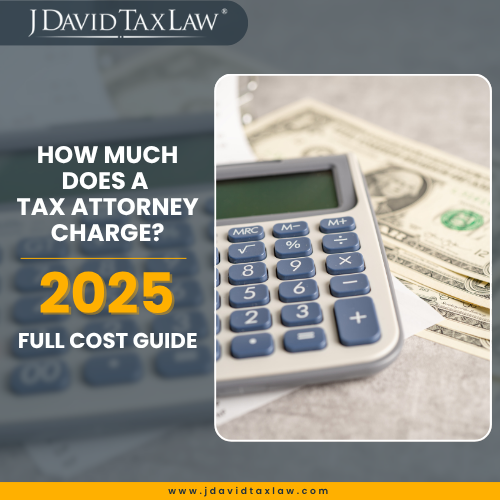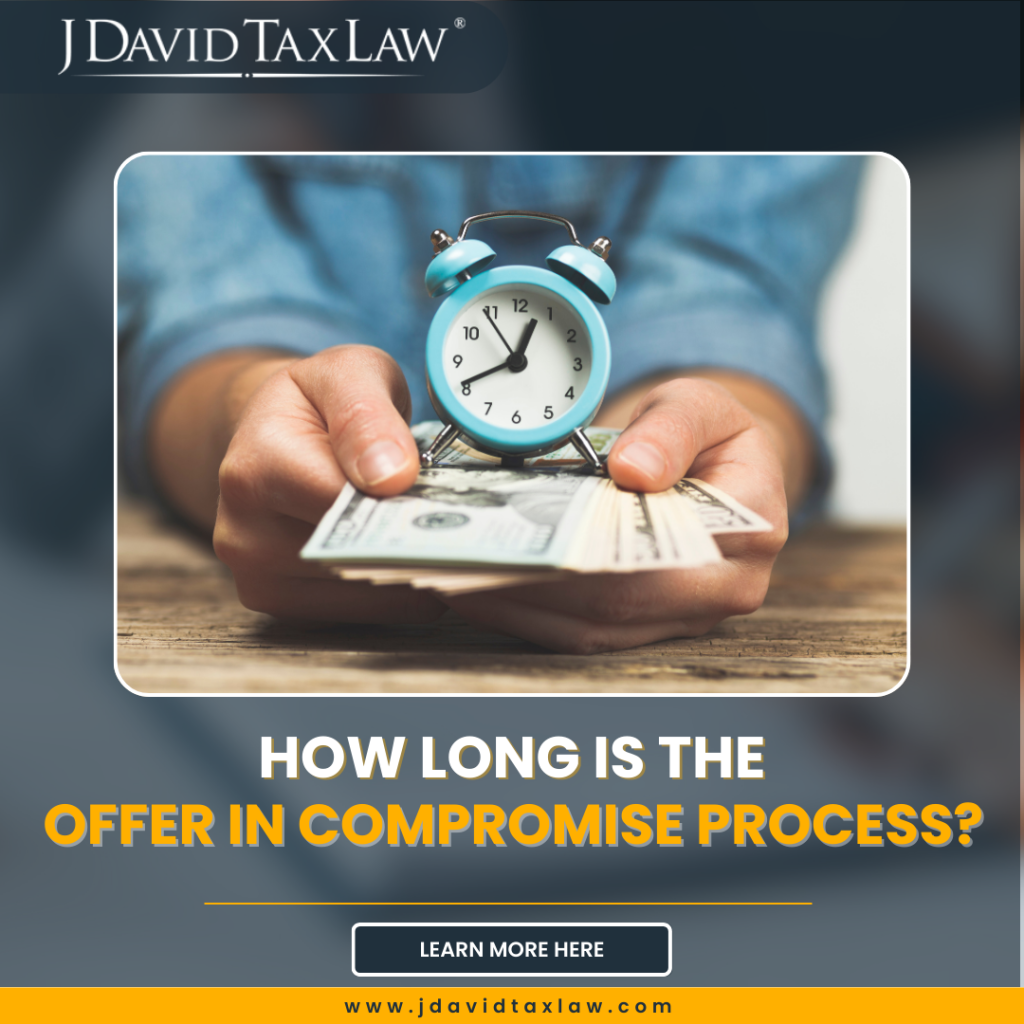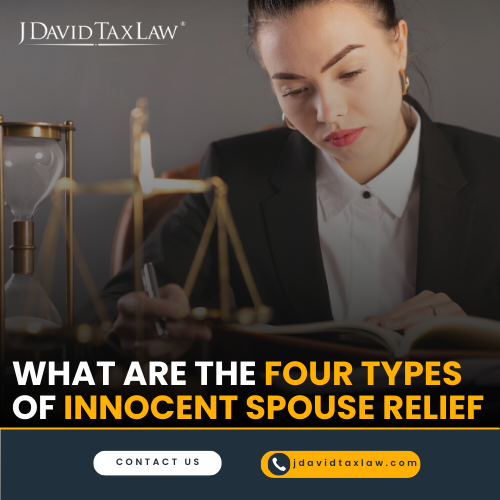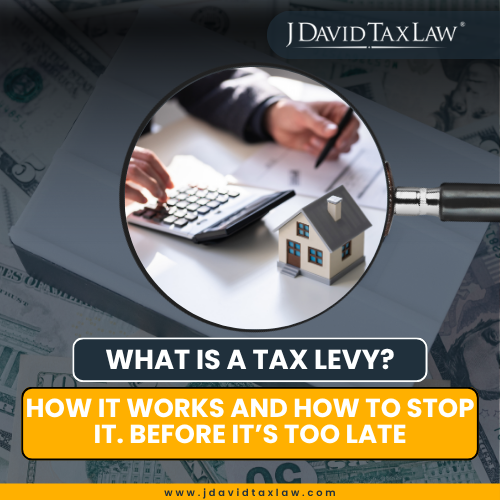First Time Penalty Abatement
Waive your first time penalty through our targeted first time penalty abatement service.
Find Out If You Qualify for Tax Relief in 4 Easy Steps!
Check Your Eligibility For Tax Settlement Today!
What is First Time Penalty Abatement?
Abatement refers to the reduction or elimination of IRS penalties, providing significant relief to taxpayers. First Time Penalty Abatement is a program offered by the IRS that allows eligible taxpayers to reduce or eliminate certain tax penalties imposed for failing to meet tax obligations, such as filing taxes on time or paying owed taxes.
This IRS tax debt relief is particularly beneficial for individuals who are facing penalties for the first time and have a clean compliance history.

Trusted Tax Abatement Services from our A+ rated IRS attorneys
• Call today for a free tax consultation and discover how our First Time Penalty Abatement can offer significant IRS tax penalty relief by addressing your first IRS penalty, tailored specifically to your financial situation. Act now—reset your financial future!
• We will conduct a comprehensive review of your tax situation to assess eligibility for first time abatement and help you build a compelling case by presenting valid reasons for the IRS penalties, such as unforeseen events, natural disasters or other circumstances beyond your control.
• Take advantage of our four decades of collective experience in the tax debt relief industry, offering top-notch support for your IRS first time penalty abatement application.
• Get professional assistance with the meticulous preparation of the IRS Abatement of Penalties Form, addressing the Failure to File Penalty, Failure to Pay Penalty, and Failure to Deposit Penalty. With our five-star-rated service, we ensure every detail is perfectly in place, doubling your chances of acceptance.
• Trust our expert tax attorneys to navigate IRS negotiations and secure the IRS tax penalty relief you deserve.
Trust our expert tax attorneys to navigate IRS negotiations and secure your IRS tax penalty relief.
Eligibility Requirements for First Time Abatement
First, you need to understand that certain penalties are eligible for the First Time Penalty Abatement program. These include late payment penalty for IRS, which incur a 0.5% monthly interest on unpaid taxes maxing out at 25%, IRS late filing penalty accruing at 5% monthly that can reach up to 25% of the unpaid amount, and the minimum late filing penalty, which applies if your return is filed more than 60 days after the due date. The following are specific eligibility requirements that must be met to qualify for this first time abatement program:
Clean Compliance History
To qualify for the FTA program, maintaining a clean compliance history for the past three years is essential. This includes not having been assessed significant penalties, such as the IRS late filing penalty or the late payment penalty obligations. The IRS views a clean compliance history as a key indicator of general compliance with tax laws, making it a crucial factor in eligibility for this one-time relief.
No Prior Penalty Abatements
This program offers a one-time relief for taxpayers facing penalties for the first time. This means that if penalty abatement has been granted previously, eligibility for this program is forfeited. The IRS ensures that penalty relief through this program is reserved for those who have not benefited from it before, reinforcing the importance of maintaining compliance after receiving relief. If a taxpayer has already received an IRS abatement for any penalties in the past, they cannot apply for First Time Penalty Abatement again.
Current on Filing and Payment Requirements
To request a tax abatement, it is essential to be current on all required tax filings and payments. This includes having submitted all necessary tax returns and ensuring that any taxes owed are fully paid or managed under an approved payment plan. The IRS requires that there be no outstanding tax obligation not in a resolution or unfiled returns when considering an abatement request. Although we do prepare and file tax returns, our expertise is focused in defending you when a claim is filed against you. Keeping good records and copies of government forms is essential, as it significantly increases the likelihood of a successful resolution with our defense strategies.

How a Reliable Tax Service Simplifies Tax Debt

Assessment of Eligibility for IRS Penalty Relief
The first step in our proven process is to assess your eligibility for this IRS relief program.

Streamlined Application Process with Certified Tax Attorneys
Drawing on our deep knowledge of tax law, we eliminate common errors that could delay your abatement request, ensuring that your case progresses smoothly.

Expert Negotiation with the IRS for Abatement of Penalties
Our deep understanding of IRS policies allows us to strategically position your case, doubling the chances of achieving a favorable outcome.

Ensuring IRS Compliance with Expert Legal Guidance
Our tax specialists assist in accurately addressing any compliance issues, ensuring that all tax filings are correct and timely.

Assessment of Eligibility
The first step in our proven process is to assess your eligibility for this IRS relief program.



Application Process
Drawing on our deep knowledge of tax law, we eliminate common errors that could delay your abatement request, ensuring that your case progresses smoothly.

Expert Negotiation
Our deep understanding of IRS policies allows us to strategically position your case, doubling the chances of achieving a favorable outcome.



Ensuring IRS Compliance
Our tax specialists assist in accurately addressing any compliance issues, ensuring that all tax filings are correct and timely.

We offer expert relief to help you stop garnishments and reclaim your financial stability.
Why Do You Need a Tax Attorney for First Time Abatement?
The First Time Penalty Abatement process with the IRS involves navigating a set of strict eligibility requirements and detailed documentation. Many taxpayers find this process overwhelming due to the technicalities involved, such as maintaining a clean compliance history, accurately reporting all tax filings, and meeting the IRS’s stringent criteria for abatement.
At J. David Tax Law, our A+ rated tax attorneys specialize in handling these complexities. We carefully prepare and review all required documentation, ensuring that no critical details are overlooked, which could lead to delays or denials.
By choosing our professional tax service, you are not just getting legal representation; you are gaining a partner dedicated to protecting your financial future and achieving the best possible outcome for your tax situation.
We stand by you throughout the process, providing relentless advocacy to secure the relief you deserve.
Discover the 5-star experience that keeps our clients coming back—check the reviews
What Actions Can You Take If You Don’t Qualify for First Time Abatement?
Reasonable Cause Abatement
Apply for an Administrative Waiver
Set Up a Payment Plan
Submit an Offer in Compromise
Statutory Exception
Seek Professional Tax Assistance
First time penalty abatement (FTA) is an IRS program that allows eligible taxpayers to waive penalties for the first occurrence of non-compliance due to failure to file, failure to pay, or failure to deposit. This relief is granted once per taxpayer and requires a history of previous compliance. Book your free tax consultation with our experienced tax attorneys to guide you through the process, ensuring a clear and effective resolution to your tax concerns.
Yes, a tax attorney can significantly assist with IRS first time penalty abatement by ensuring proper eligibility assessment, preparing necessary documentation, and navigating the IRS processes effectively to maximize your chances of getting the penalty waived. Let our expert tax attorneys streamline your First Time Penalty Abatement process. Contact us today for A+ rated professional tax service!
With first time penalty abatement, the IRS may waive penalties related to failure to file, failure to pay, and failure to deposit. This relief focuses on removing financial penalties accrued from these specific non-compliant actions. Learn more about IRS penalties and how to navigate them effectively with our reliable tax service.
If you’re ineligible for IRS First Time Penalty Abatement, consider seeking Reasonable Cause Penalty Abatement for circumstances beyond your control, applying for an Administrative Waiver for systemic issues, applying for Currently Non Collectible Status or setting up a Payment Plan to manage tax debt over time. Check out our services to understand which tax relief options can best alleviate your IRS penalties.
To write a first time abatement letter, clearly state your request for penalty relief, reference the specific penalty type, include evidence of your compliance history, and detail any reasonable cause if applicable. Ensure the letter is concise, professional, and includes all necessary taxpayer identification information.
Additional Resources

- Tax Debt
How Much Does a Tax Attorney Cost? J David Tax Law Explains

- Tax Relief
How Long Does the IRS Offer in Compromise Take? A Timeline to Prepare for Success.

- IRS Penalties
How the IRS Calculates Interest on Tax Penalties

- Innocent Spouse Relief
What Are the Four Types of Innocent Spouse Relief? Everything You Need to Know

- Tax Debt
What is a Tax Levy? How It Works and How to Stop It?

- Tax Relief
Will the Trump Tax Plan Forgive IRS Debt? Don’t Count On It.


